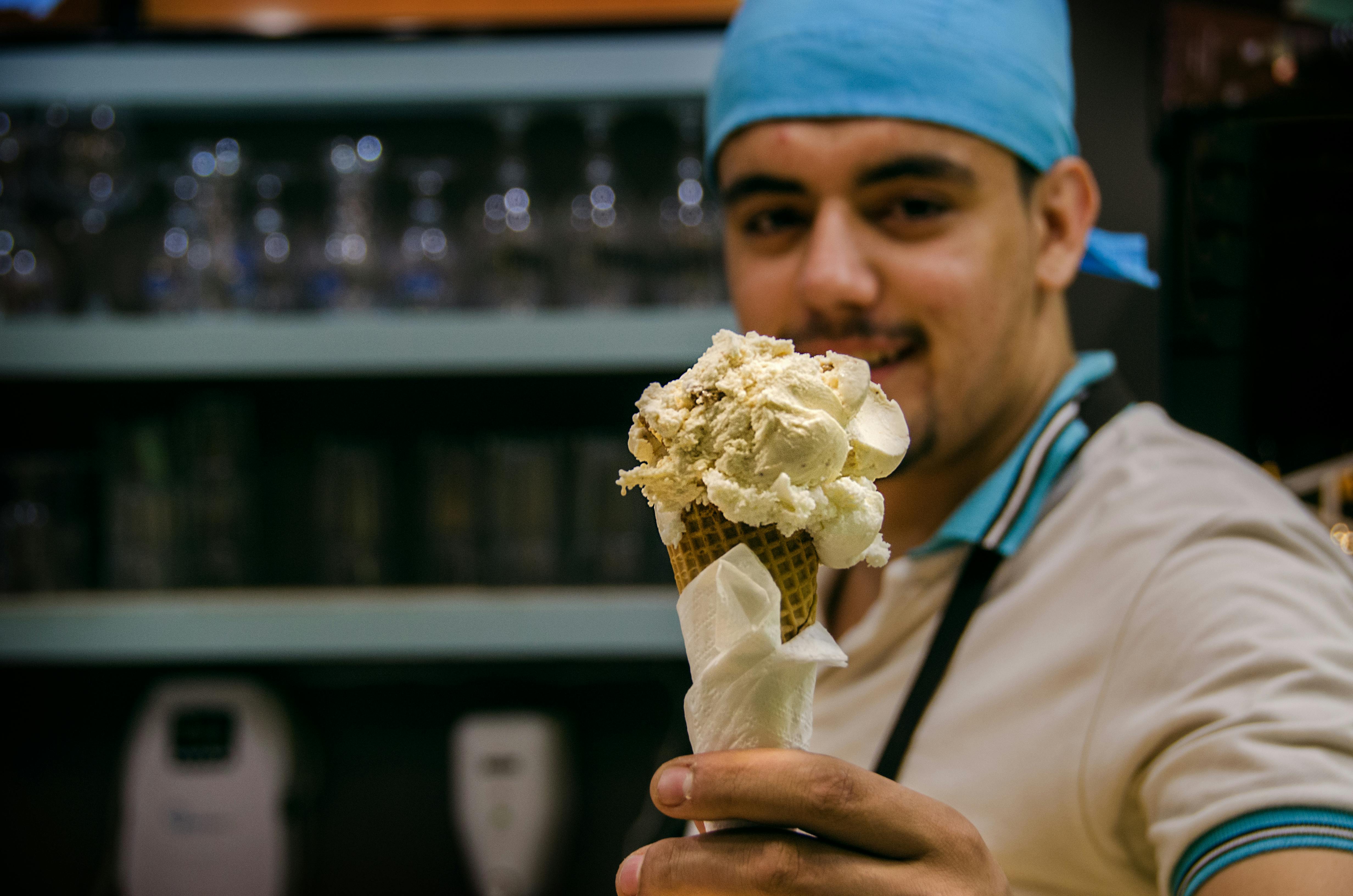As a proud Jamaican, I find it difficult to admit that Jamaican Noni juice is no different from all other varieties of Noni juice processed in other parts of the world. It is harvested from the same tree (scientific name Morinda Citrifolia) known in various places as morinda, Indian mulberry, and Noni cheese fruit, among others.
The Noni tree is native to Southeast Asia, but grows mainly in tropical regions and is spread across the Indian subcontinent and throughout the Polynesian archipelago. The varieties most commonly grown and processed into commercial juices are those from Tahiti and Hawaii.
The fruit is high in carbohydrate and fiber content, with some protein and a little fat. The main micronutrients appear to be vitamin C and trace amounts of niacin, iron, potassium, vitamin A, calcium and sodium.
Noni juice is expensive to process commercially. Most manufacturers mix their final product with either grape juice or cranberry juice or a combination of the two. Fruit juice additives are to reduce cost and improve flavor.
Some manufacturers process them to contain only natural Noni juice and let the user mix it with other fruit juices when ingested.
Jamaican Noni Juice
When the Noni juice craze swept across the world, prices skyrocketed everywhere it was sold. The price increase was extended even in places where the Noni tree is abundant, including Jamaica.
In 1997, a company was formed in Jamaica simply to offset the high price of noni juice imported from elsewhere. We cultivated the tree (known locally as duppy sour sop) and began making the juice ourselves for local consumption.
In addition to offering a more affordable price for the juice, the move was also driven by the idea that making Noni juice would help do something positive for the local economy.
Uses of noni juice
Like many herbs and herbal preparations on the market, Noni juice is not approved by the Food and Drug Administration. However, there is already a long list of testimonials about its health benefits from satisfied users since its introduction.
Traditionally, the native islanders used the fruit in common foods such as infected boils. Today, it is established that the juice has anti-inflammatory properties.
The fruits, leaves, and roots of the Noni tree were traditionally used to treat menstrual cramps and irregularities. The roots were used to treat urinary difficulties.
Today, “wonder juice” advocates highlight the many benefits of Noni juice. Consequently, scientists certified that this particular juice is a powerful antioxidant.
It is also known to modify low-density lipoprotein (LDL), commonly known as bad cholesterol.
As an antioxidant, drinking the juice reduces oxidative damage caused by free radicals. (These free radicals are caused by secondhand smoke, chemicals in our processed foods, and contaminated water, etc.) Other testimonials said that researchers had shown that juice stimulates the body’s immune system, which helps the body heal itself.
Some users also swear by the pain-relieving properties of the juice that help reduce headaches and migraines, including pain caused by stress and nerves.
Whatever the future verdict regarding the beneficial effects of Noni juice, be it the Jamaican or Tahitian variety, the fact remains that it is a welcome addition to our arsenal of herbal supplements to help the body fight disease.
The marketers who represent this excellent product are providing a valuable service and should see it as their duty to take advantage of all available tools to familiarize the general public, as well as other network marketers worldwide, about this world-changing wonder drink. life, enriching himself by improving the lives of so many others.
